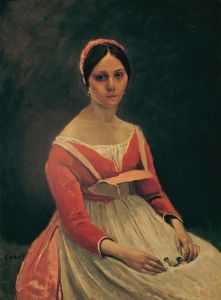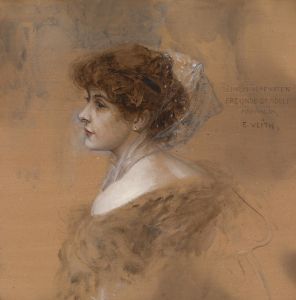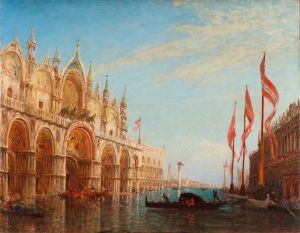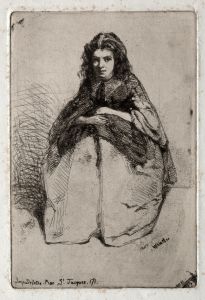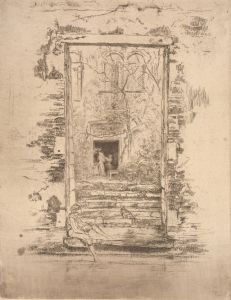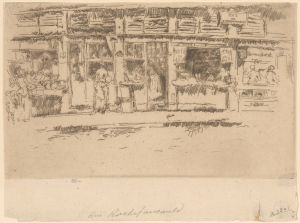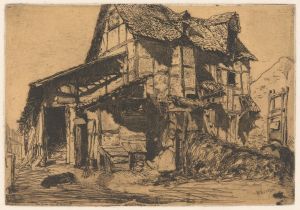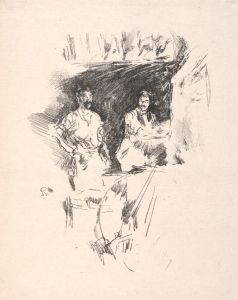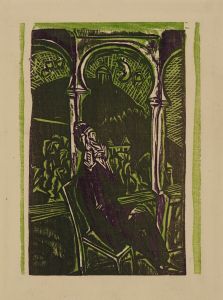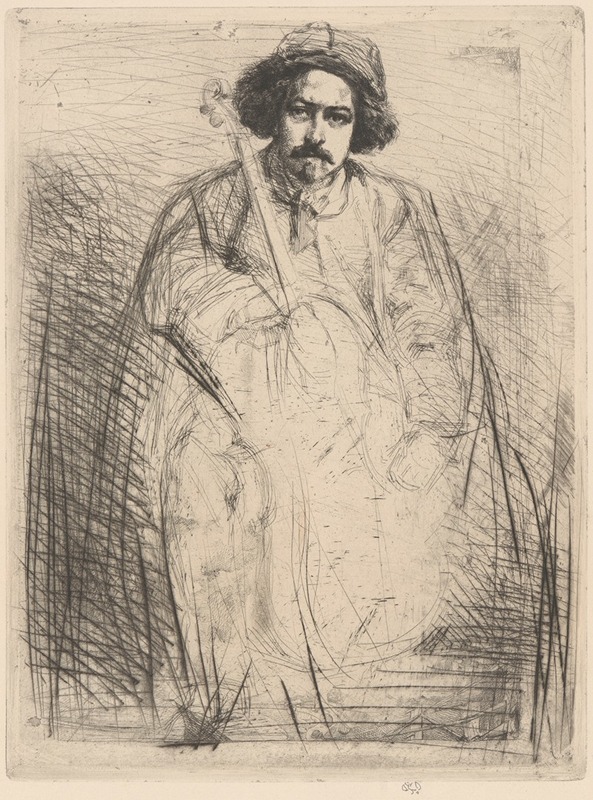
Becquet
A hand-painted replica of James Abbott McNeill Whistler’s masterpiece Becquet, meticulously crafted by professional artists to capture the true essence of the original. Each piece is created with museum-quality canvas and rare mineral pigments, carefully painted by experienced artists with delicate brushstrokes and rich, layered colors to perfectly recreate the texture of the original artwork. Unlike machine-printed reproductions, this hand-painted version brings the painting to life, infused with the artist’s emotions and skill in every stroke. Whether for personal collection or home decoration, it instantly elevates the artistic atmosphere of any space.
James Abbott McNeill Whistler was an influential American artist known for his contributions to the art world during the late 19th century. He is best recognized for his paintings, etchings, and lithographs, which often exhibit a unique blend of realism and impressionism. One of his lesser-known works is "Becquet," an etching that showcases Whistler's skill in capturing the essence of his subjects with minimalistic detail.
"Becquet" is part of Whistler's series of etchings known as the "French Set," which he created during his time in France in the 1850s. This series was instrumental in establishing Whistler's reputation as a master etcher. The "French Set" comprises a collection of etchings that depict various scenes and characters from French life, reflecting Whistler's keen observation and artistic sensibility.
The etching "Becquet" features a portrait of a musician, specifically a cellist, captured in a moment of introspection. Whistler's use of line and shading in this work is particularly noteworthy, as it demonstrates his ability to convey depth and emotion with seemingly simple strokes. The etching is characterized by its delicate lines and the subtle play of light and shadow, which are hallmarks of Whistler's etching technique.
Whistler's approach to etching was heavily influenced by his admiration for the works of Rembrandt and other Old Masters, as well as his interest in Japanese art, which is evident in the composition and execution of "Becquet." The etching reflects Whistler's belief in "art for art's sake," a philosophy that emphasizes the aesthetic value of art over its narrative content.
"Becquet" is a testament to Whistler's innovative spirit and his ability to capture the essence of his subjects with a minimalist approach. The etching is part of several major collections and has been exhibited in various art institutions, contributing to Whistler's enduring legacy as a pioneer of modern art.
Throughout his career, Whistler was known for his distinctive style and his ability to blend different artistic influences into his work. His etchings, including "Becquet," are celebrated for their technical precision and their ability to convey mood and atmosphere. Whistler's work in etching helped to elevate the medium to a fine art status, influencing generations of artists who followed.
In summary, "Becquet" by James Abbott McNeill Whistler is a significant work within his oeuvre, exemplifying his mastery of etching and his innovative approach to art. The piece captures the quiet intensity of its subject, showcasing Whistler's skill in rendering emotion and character with economy and grace. As part of the "French Set," "Becquet" remains an important example of Whistler's contribution to the art of etching and his lasting impact on the art world.





